Keywords: Cultural Revolution
-
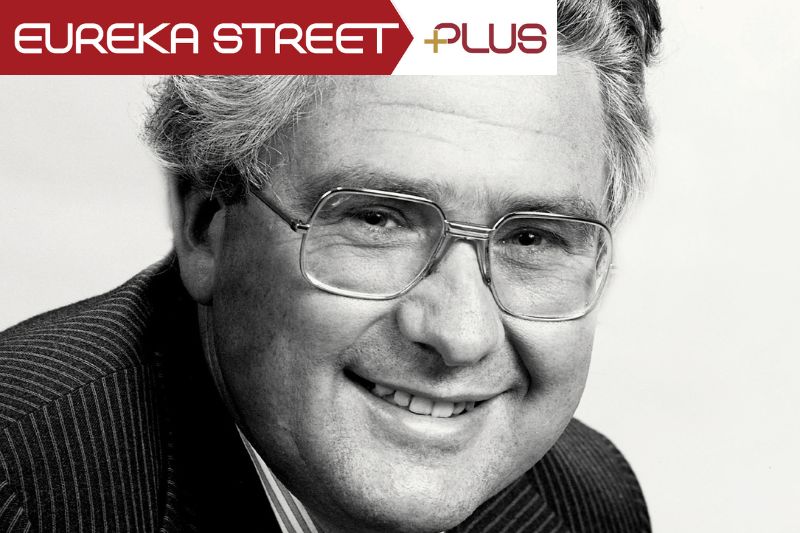
AUSTRALIA
- Andrew Hamilton
- 08 November 2024
1 Comment
The story of Race Mathews’ career will be an antidote to despair about politics and politicians. It underlines the possibilities of politics, showing how it can be more than a job or a career. It can be a calling to imagine a more just society and ways of building it.
READ MORE 
-
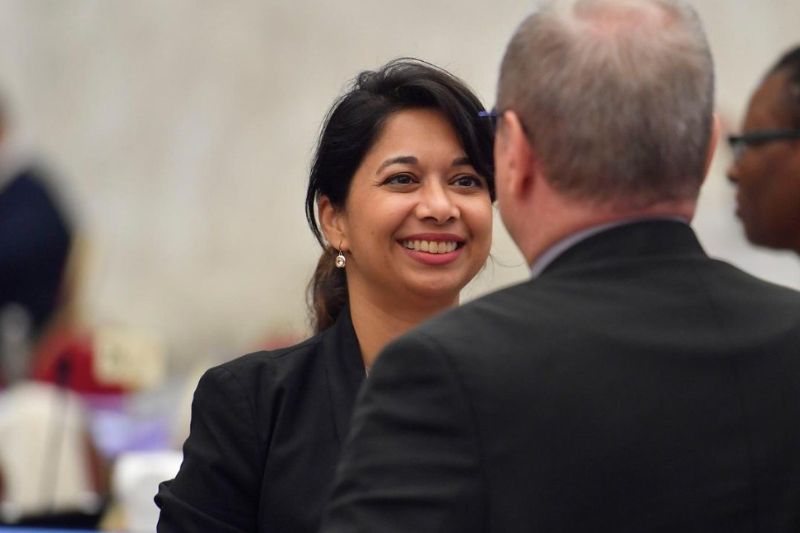
RELIGION
- Joanna Thyer
- 07 November 2024
3 Comments
At the World Synod in Rome, four women joined to advocate for ordaining women as deacons. Though the topic remains off the table officially, the message highlights the Church’s internal conflict between traditional values and growing calls for inclusion and change.
READ MORE
-
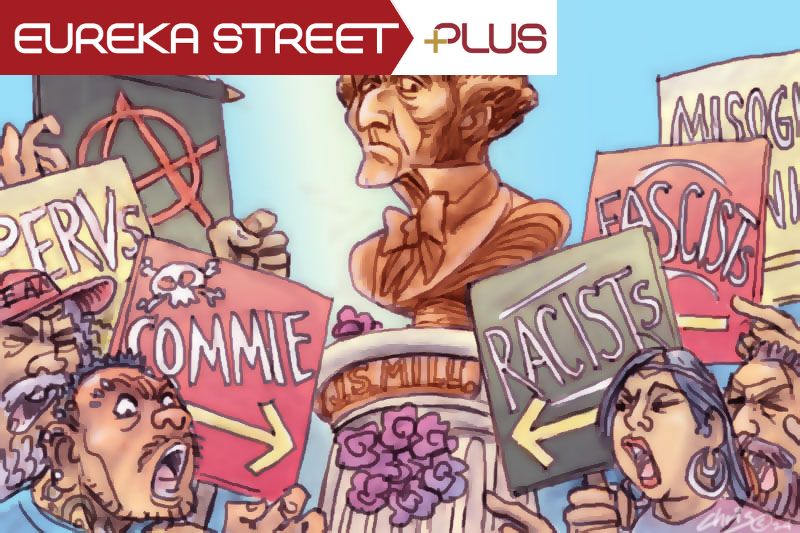
AUSTRALIA
- Russell Blackford
- 09 August 2024
2 Comments
Once the backbone of Western democracy, the philosophy championing free speech, tolerance, and civil political discourse is often reviled by those on both the Left and Right. In our desire for justice and meaning, is there a need to rediscover the principles that have long fostered human flourishing?
READ MORE 
-
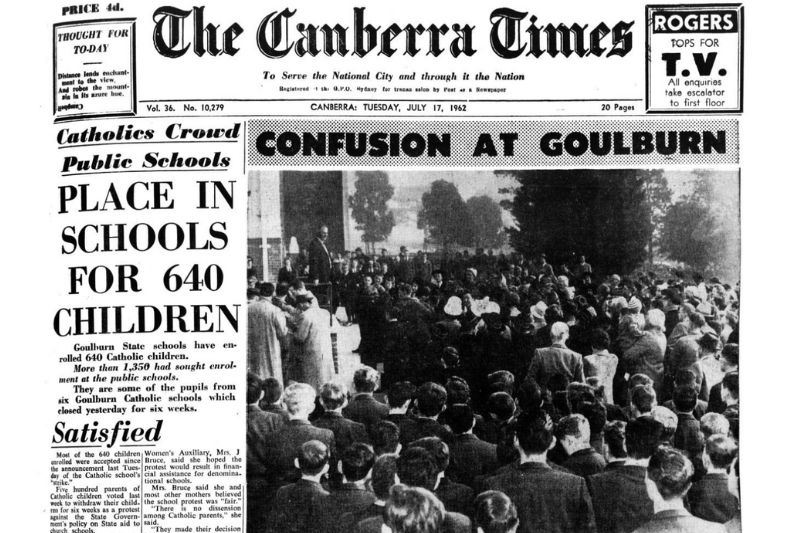
RELIGION
- John Warhurst
- 03 July 2024
8 Comments
In 1962, Goulburn was the centre of national attention when Catholic schools closed in protest over a lack of government funding and control. Students overwhelmed public schools. Could this happen again? An Australian archbishop suggests it as an option if religious freedom in Catholic schools is threatened.
READ MORE
-
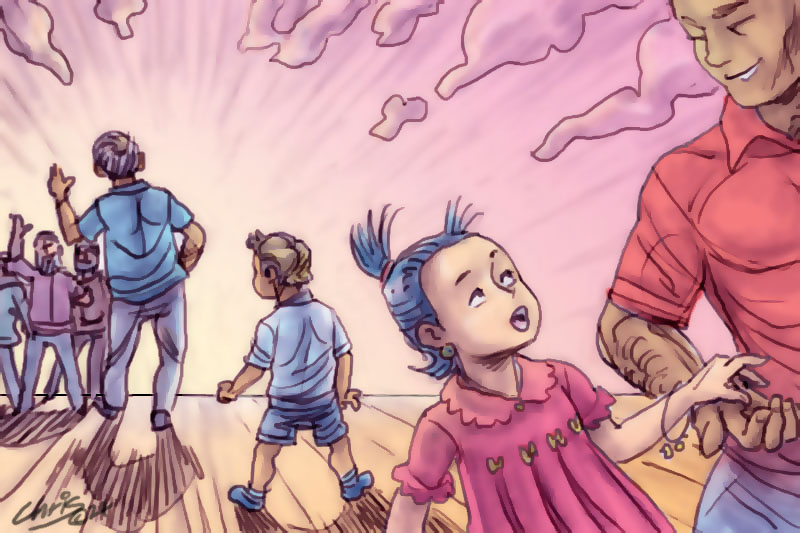
AUSTRALIA
- Mike Kelly
- 14 February 2024
2 Comments
Despite a 'fatherhood revolution', government policies continue to neglect the positive impact fathers can have on child development, educational success, and even social well-being. Bridging the gap between the surging research on fatherhood and concrete policy measures ultimately means better outcomes for families.
READ MORE
-
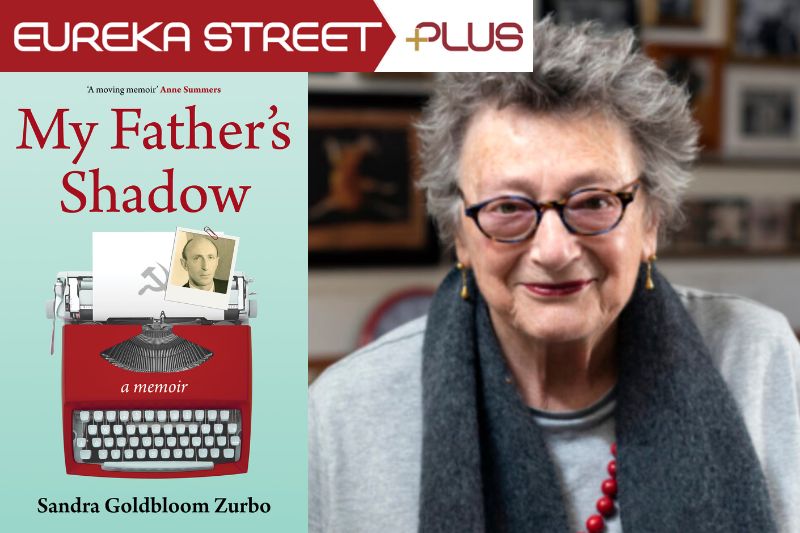
ARTS AND CULTURE
- Andrew Hamilton
- 08 December 2023
1 Comment
My Father’s Shadow is a beautifully constructed three-dimensional jigsaw puzzle in which perfectly formed and elegant stories from different times and places are juxtaposed and tested for fit, so forming a pattern of meaning that is never closed.
READ MORE 
-
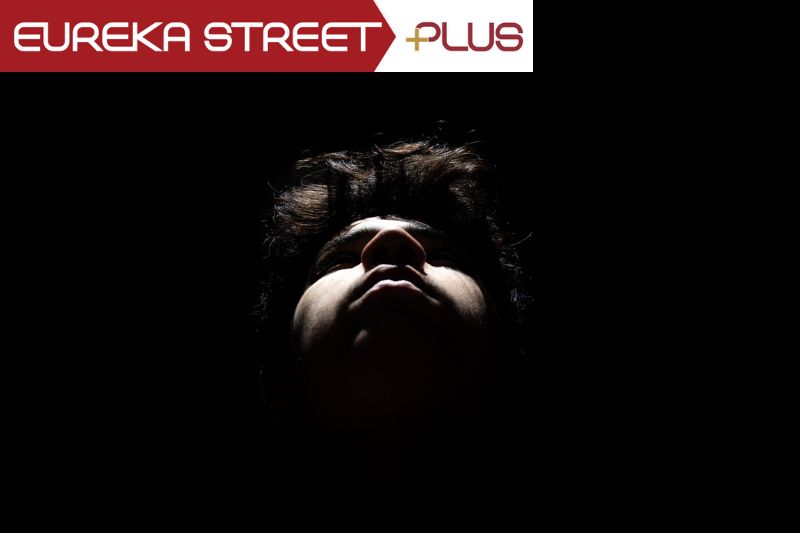
AUSTRALIA
- Adrian Rosenfeldt
- 29 September 2023
12 Comments
Amid the rise of 'no religion' among young Australians, there is a nuanced narrative of spirituality with demonstrated potential to alleviate some mental health concerns. With a prominent strain of individualism pervading today's culture, might revisiting spiritual connectedness provide young people with a needed respite?
READ MORE
-

EDUCATION
- Michael Furtado
- 28 September 2023
38 Comments
As Australia grapples with educational inequality, those in the Catholic education system must ask: how do we test for a clear commitment to Catholic Social Teaching and the seminal role it plays in enunciating the guiding principles of Catholic education, particularly in regard to it being offered, ‘first and foremost … to the poor’?
READ MORE
-
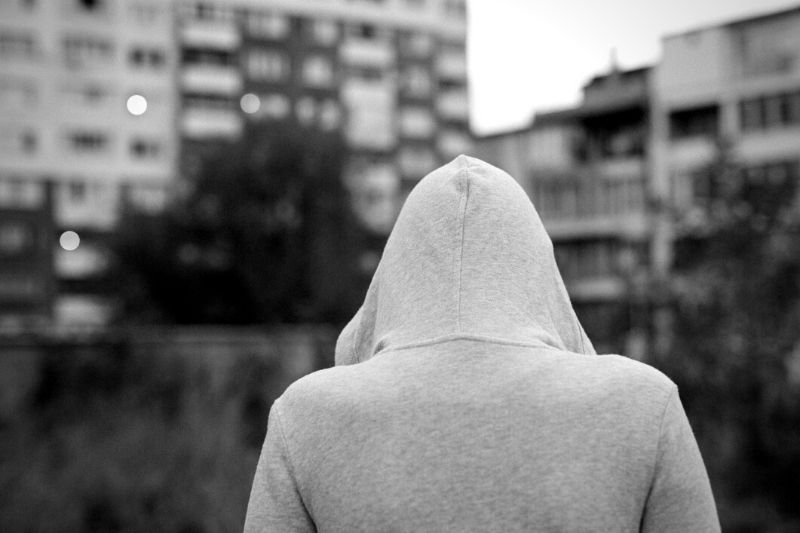
AUSTRALIA
- Andrew Hamilton
- 27 July 2023
6 Comments
In a society quick to categorize children as either good or bad, reform efforts seem caught in a cyclical battle. Children often fall victim to these broad definitions, especially those from disadvantaged groups. What factors cause these cycles of progress and relapse, and how can lasting reform be achieved?
READ MORE
-
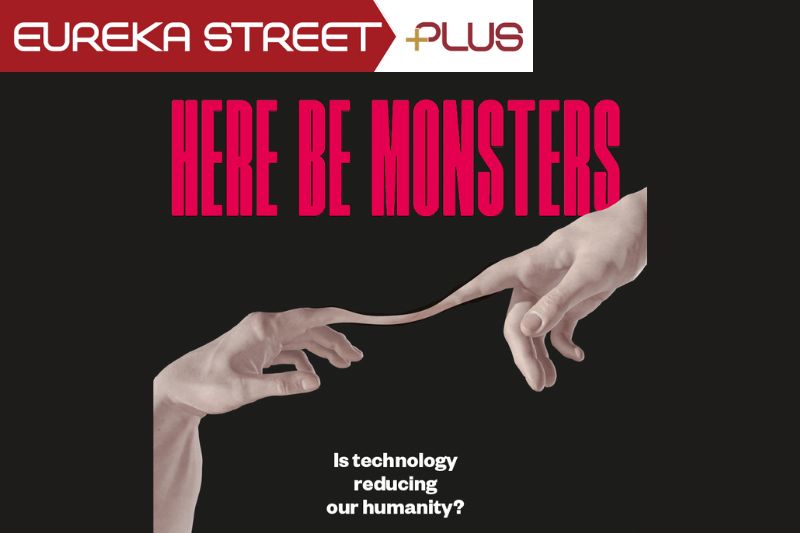
ARTS AND CULTURE
- Andrew Hamilton
- 02 June 2023
2 Comments
As we tread the thin line between technological progress and ethical responsibility, King's urgent appeal is for critical reflection on the unchecked march of technology – a timely reminder of the need to retain our intrinsic human characteristics amid relentless digital advancement.
READ MORE 
-
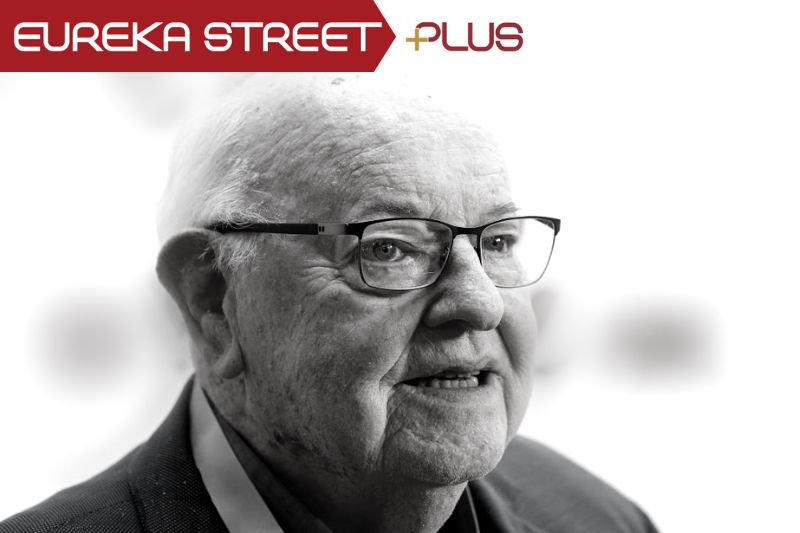
AUSTRALIA
- Michael McVeigh
- 12 May 2023
3 Comments
In January 2006, I interviewed Father Bob Maguire. Father Bob was gracious enough to give me an hour of his time one afternoon in a conversation that was memorable, enlightening and entertaining at the same time. Here, published for the first time, is that interview in full.
READ MORE 
-

INTERNATIONAL
- Andrew Hamilton
- 11 May 2023
3 Comments
Both the resignation of Google AI researcher Geoffrey Hinton and Pope Francis' recent address on technology highlight concerns about unrestricted technological development and the urgent need for informed discourse on the potential of AI to reshape communication, governance, and self-understanding.
READ MORE